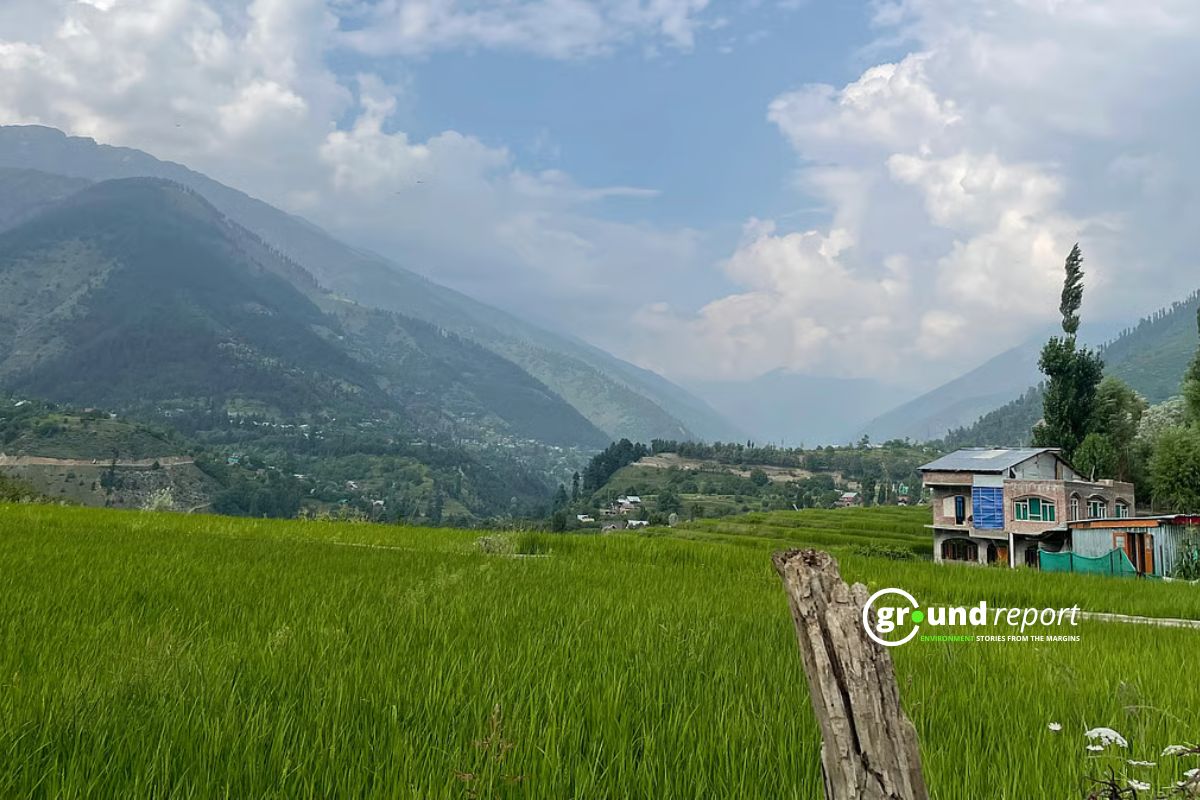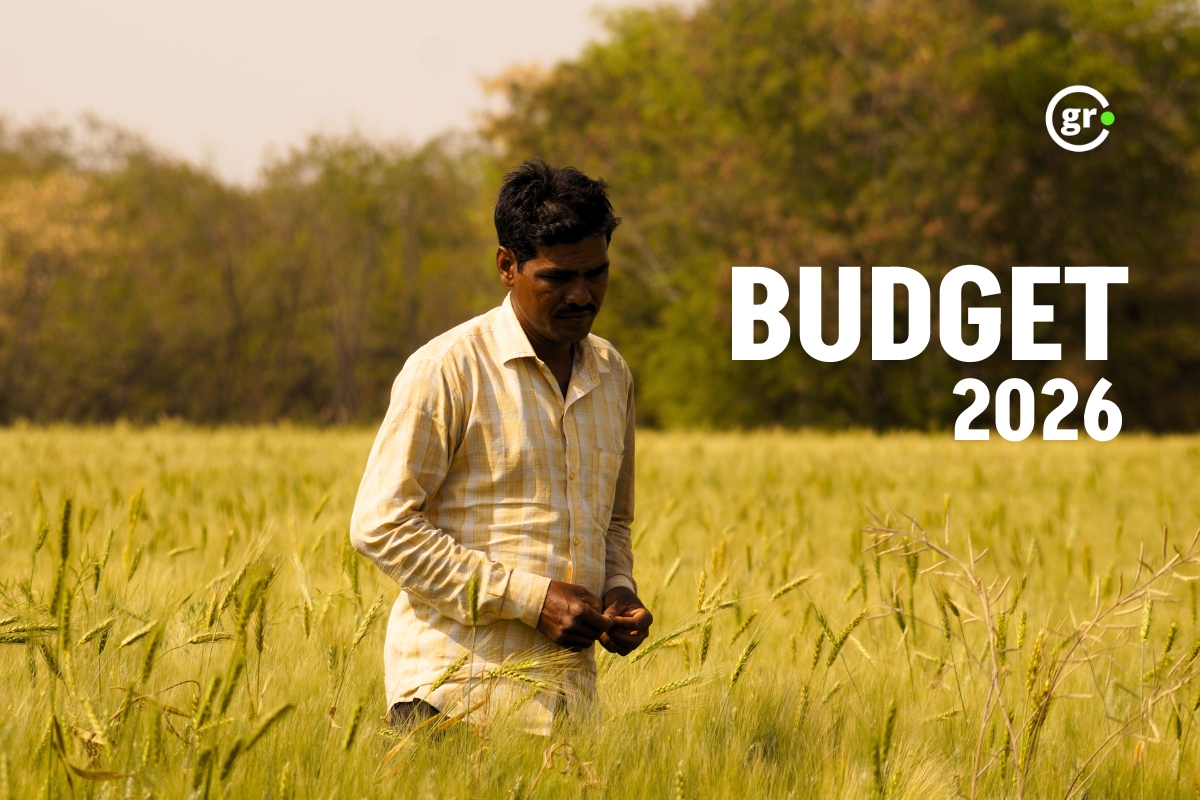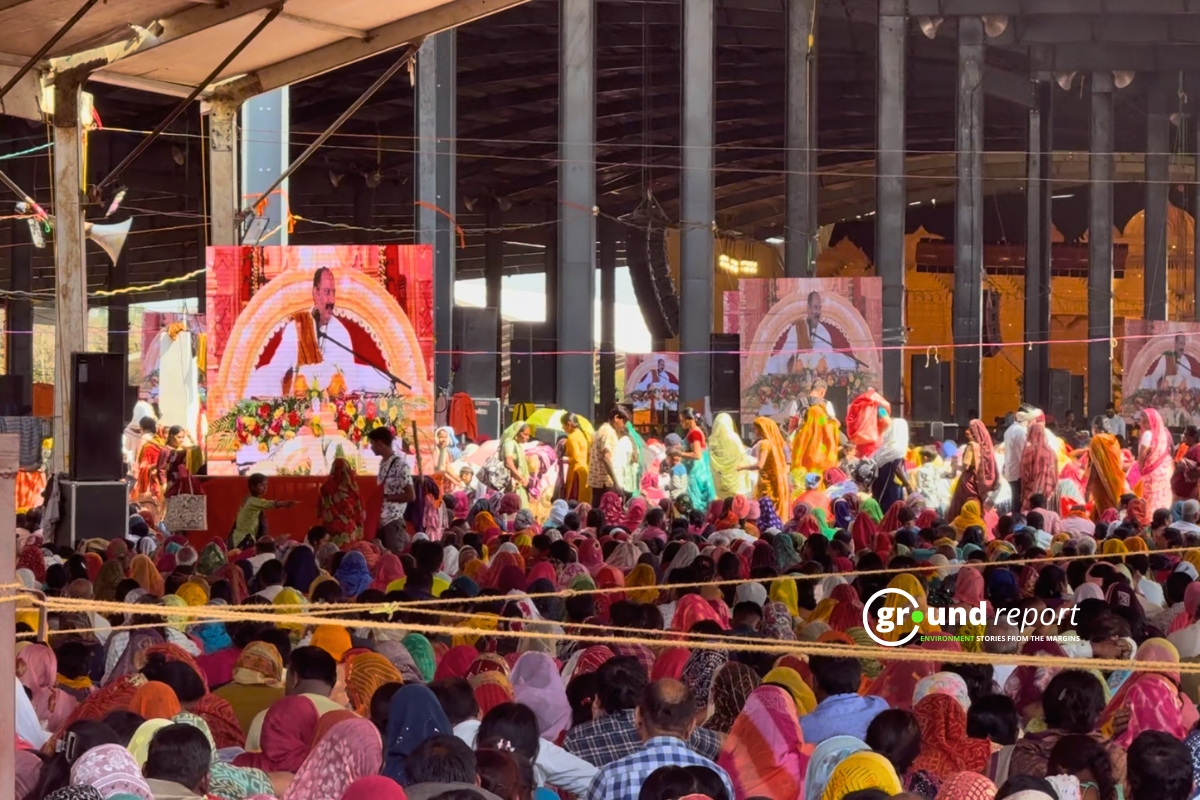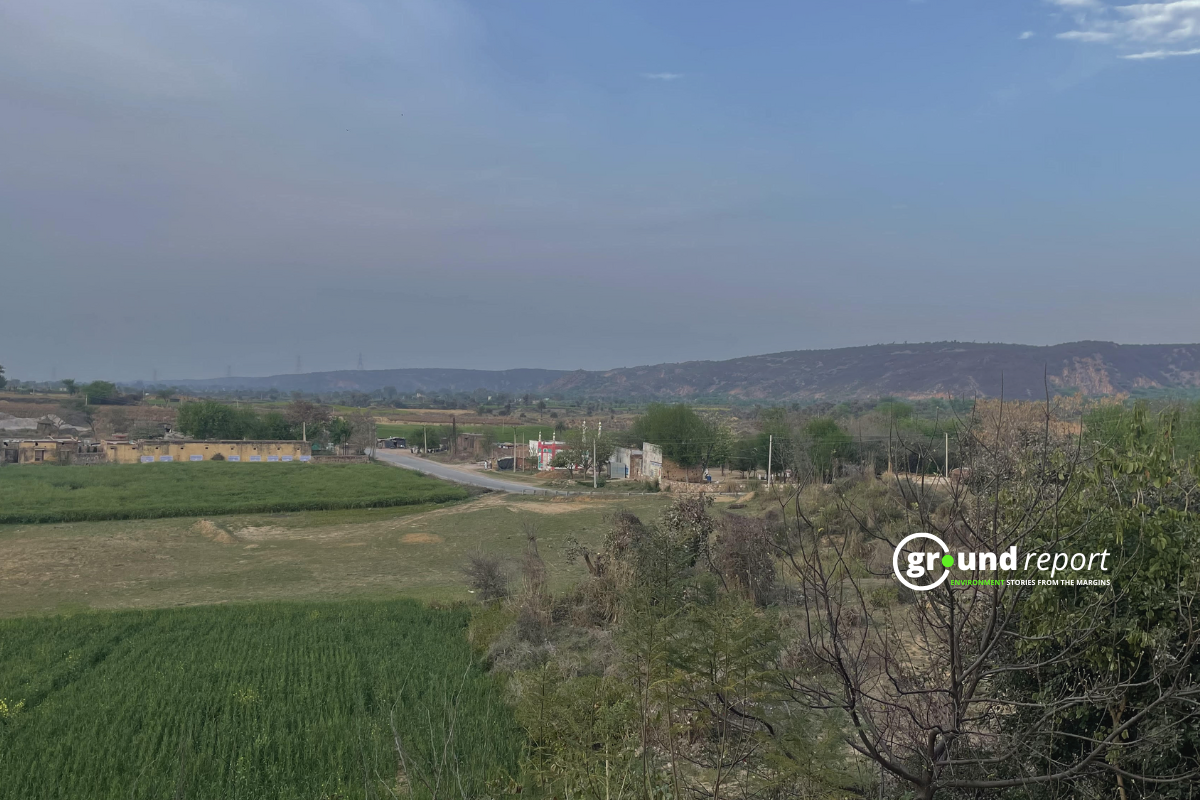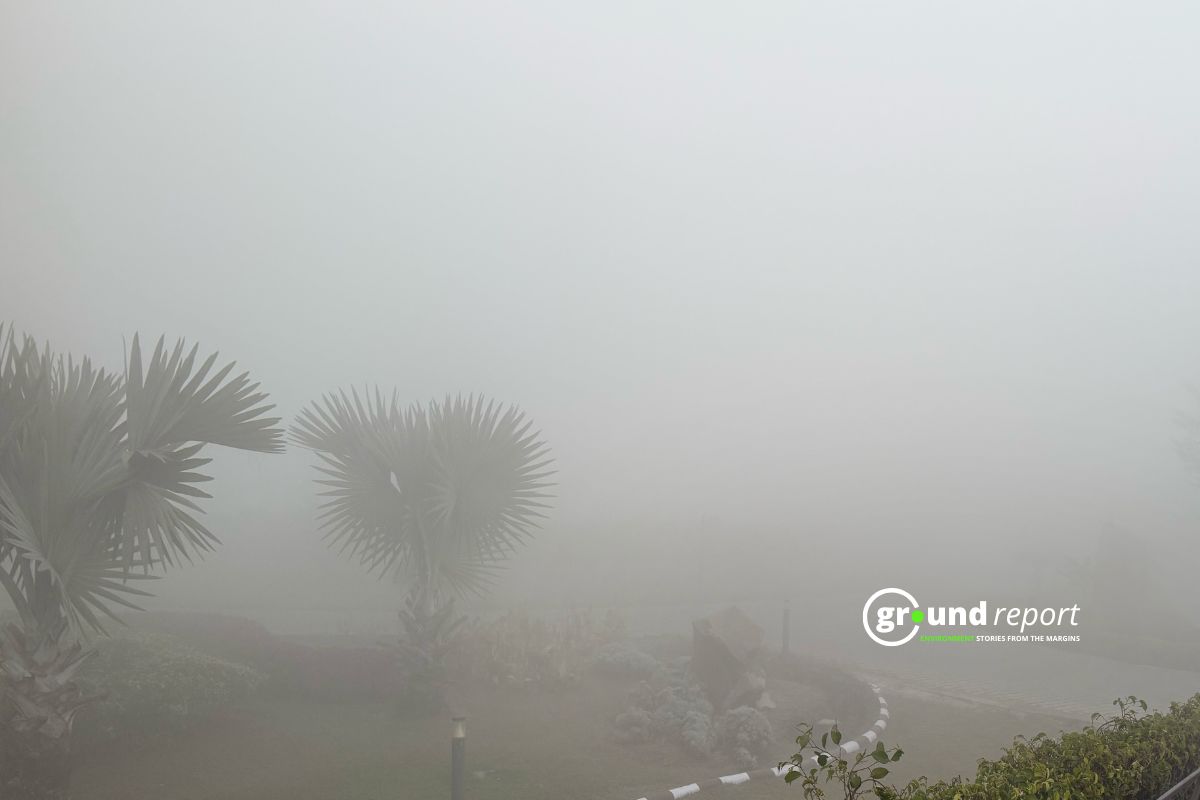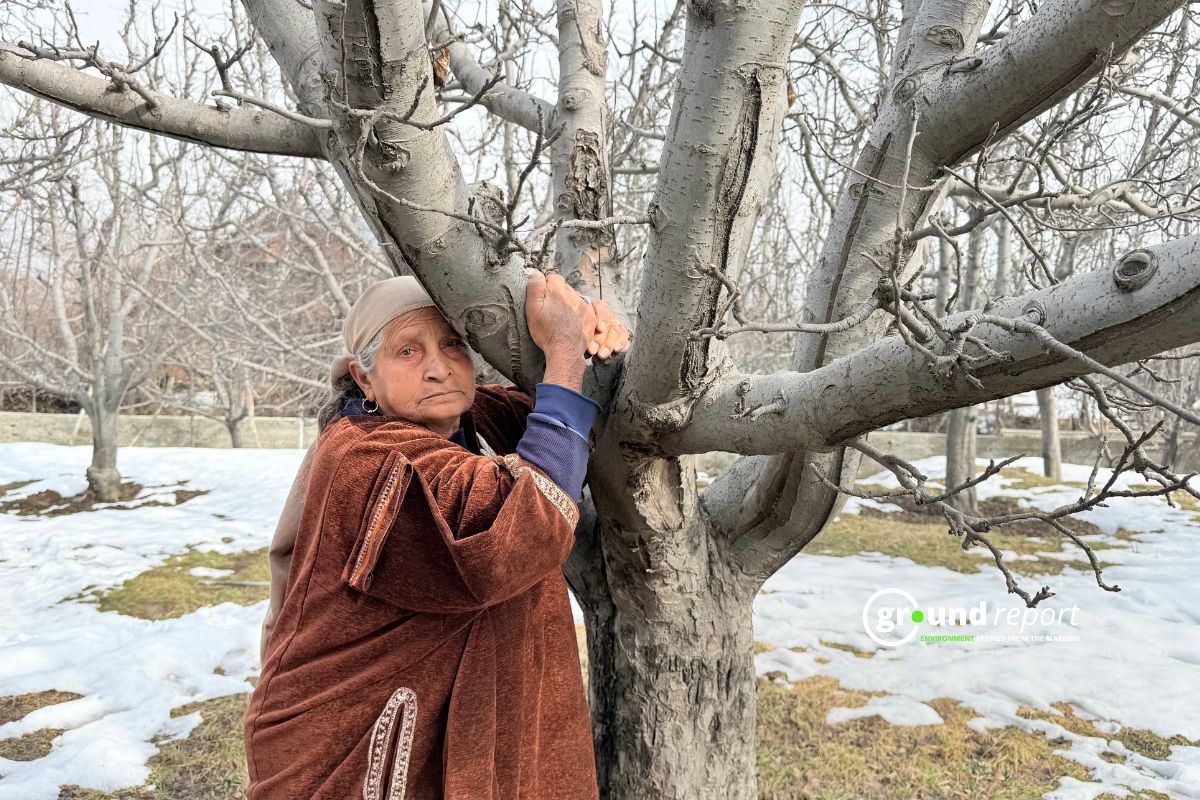According to the Agriculture and Processed Food Products Export Development Authority (APEDA), west cultivation in India has traditionally been dominated by the northern region of India. The states of Punjab and Haryana have been the largest wheat producers. Today, India is the second largest wheat producer in the whole world. Furthermore, studies and research show that wheat plays an important role in the management of India’s food economy.
2022 wheat crisis India
Since last year there has been a change in the scenario of wheat production in India. In 2022, the high temperatures in March and April damaged the wheat crop in Punjab, Haryana, and Uttar Pradesh. During these months India faced a heatwave which resulted in harvest loss in many regions and increases in local prices.
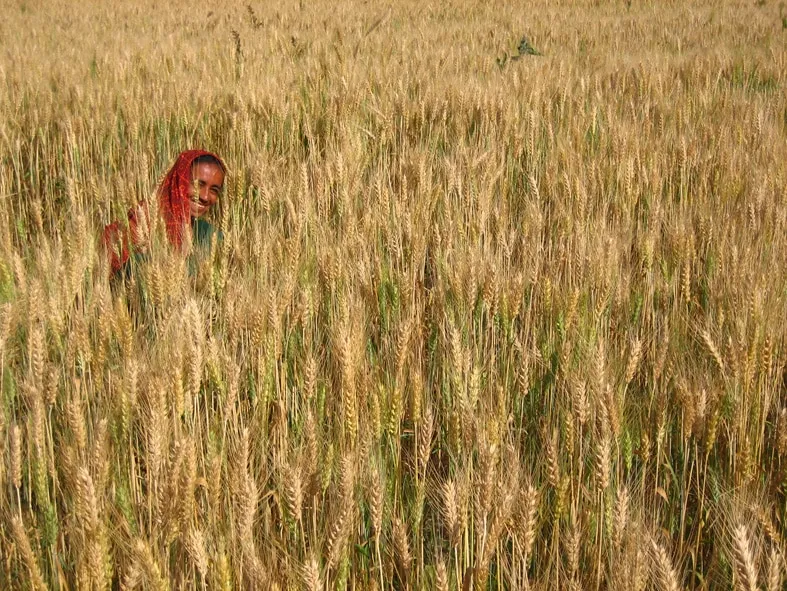
On May 4th, 2022, the Central Government announced that it would procure only 19.5 million tonnes of wheat in 2022-2023 which is about 56% less than the targets decided for the year. Another reason for the shortage is the extension of the Pradhan Mantri Garia Kalyan Anna Yojana and the global wheat shortage due to a jump in exports owing to the Russia-Ukraine war.
On May 13th, 2022, India suspended the Export of wheat owing to the decrease in production. The Directorate General of Foreign Trade (DGFT) defended the ban in a notification that was published in the official gazette by citing the pressure that rising global wheat prices have had on food security not only in India but also in surrounding and vulnerable countries.
Read more: India wheat export ban: Why it matters to the world – BBC News
Government prediction for wheat production in 2023
This year with high-yielding varieties and the weather under favorable conditions, the government said that wheat production for 2023 is likely to rise 4.1% to a record 112.2 million tonnes.
However, Tribune India reported that wheat granary stock in Punjab has fallen to a new low as a result of production that was lower than expected last year. The procurement agencies only have 10 lakh metric tonnes and the Food Corporation of India has just 6 lakh metric tonnes. In comparison to 330 lakh metric tonnes in 2022, the central pool stock is only 171 lakh metric tonnes this year.
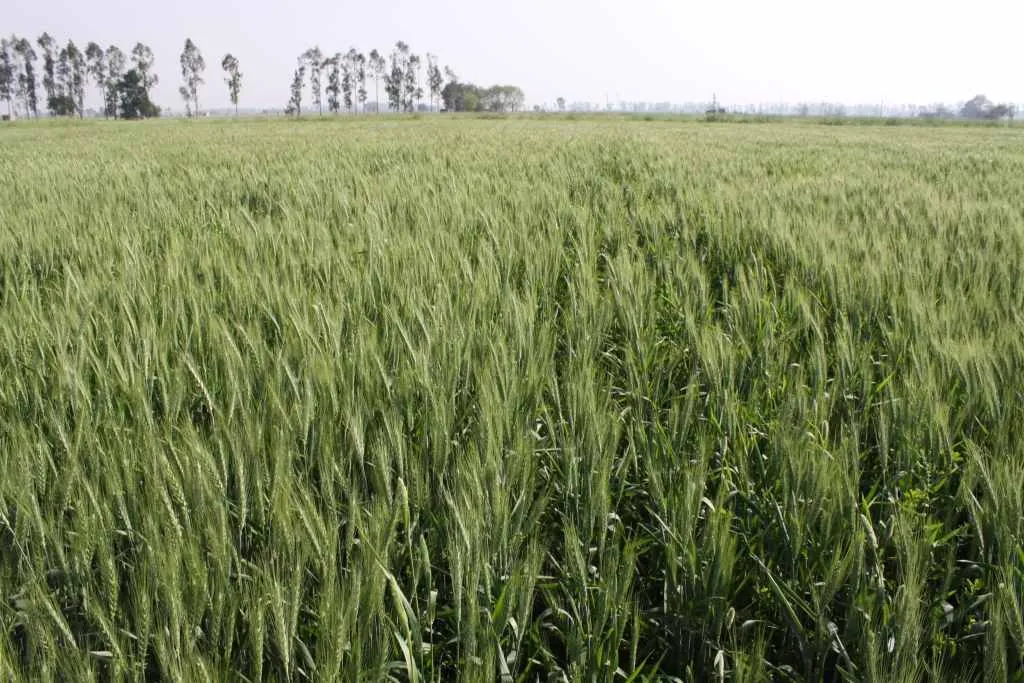
Read more: Modi govt has 2 goals to rescue India from another wheat crisis. Export ban should go next
Therefore, for farmers’ incomes to increase, food inflation to be reduced and low wheat stocks to be replenished the upcoming wheat procurement season is essential. Any change in the temperature around the time of harvesting has the potential to impact grain quality. All these will ultimately decide if India can lift its ban on the export of wheat.
Support us to keep independent environmental journalism alive in India.
Keep Reading
What is Green Hydrogen? Could it change energy in South Asia?
Blue hydrogen is worst for climate: study
How Increasing space traffic threatens ozone layer?
Hydro Fuel Market: India’s current scenario and the future ahead
Natural Gas is a Misleading term, It is not Natural and clean at all
Follow Ground Report on X, Instagram and Facebook for environmental and underreported stories from the margins. Give us feedback on our email id greport2018@gmail.com.
Don’t forget to Subscribe to our weekly newsletter, Join our community on WhatsApp, and Follow our YouTube Channel for video stories.


